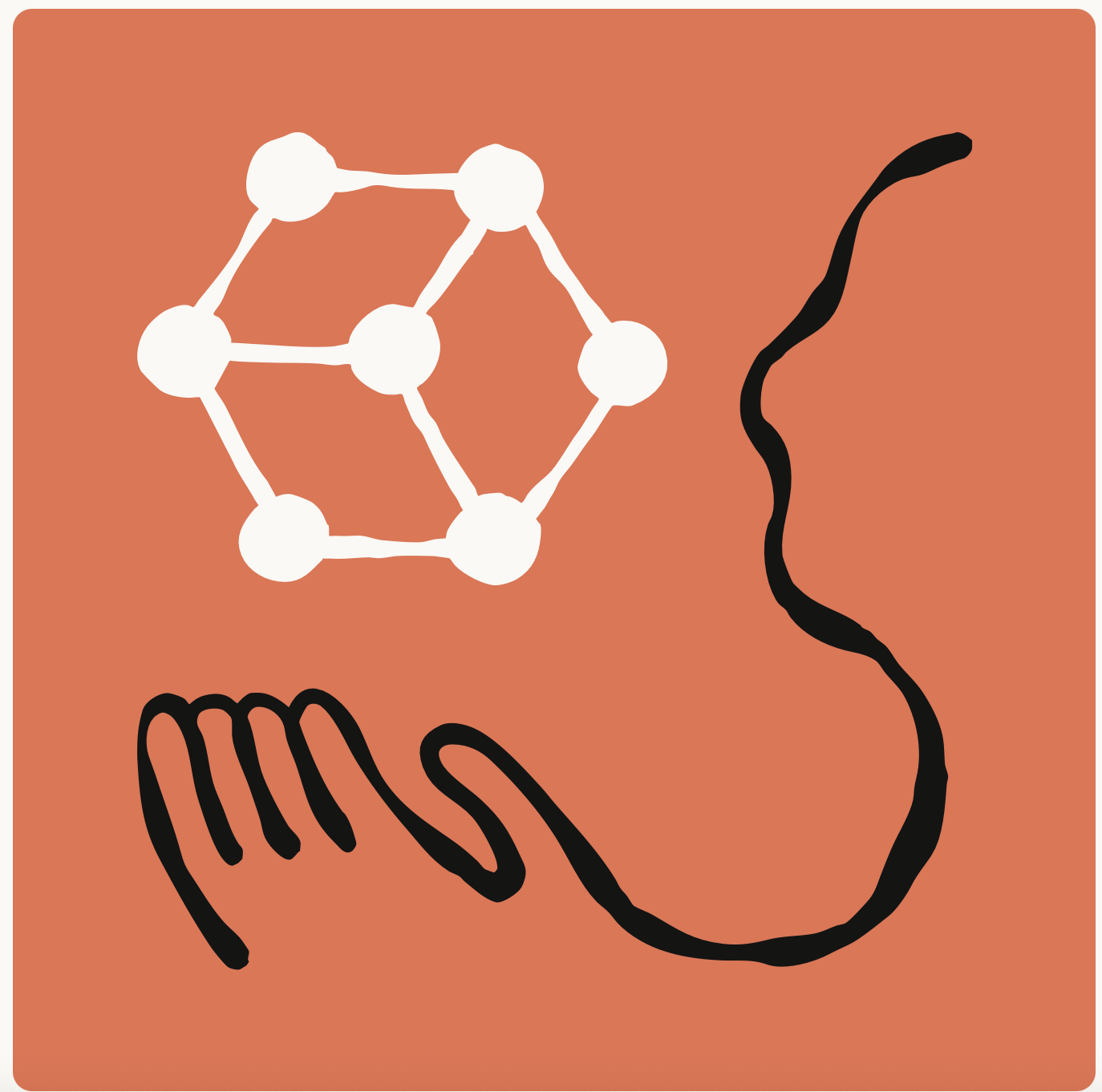Claude introduces Sonnet 4.5
Gemini Robotics, Google Looker Studio and Open AI Parental Control
Six Pieces - A curated summary of the latest in Data + AI, to keep you updated about the fast pace Technology Landscape.
[1] Anthropic has released Claude Sonnet 4.5, its most capable model to date, designed for complex agentic workflows and high-stakes coding tasks. The model supports a 200K token context window by default, with access to a 1 million token context in beta, enabling long-horizon tasks and large document processing.
As per Anthropic, Sonnet 4.5 demonstrates stronger performance in reasoning, code generation, and multimodal understanding. It offers a balance of intelligence and speed suitable for enterprise workloads and real-time AI experiences and the alignment has been significantly improved. The model now shows reduced tendencies toward sycophancy, deception, and power-seeking, and is more robust against prompt injection attacks. Sonnet 4.5 is available via the Claude API, Amazon Bedrock, and Google Cloud’s Vertex AI, with pricing unchanged from Sonnet 4.
[2] OpenAI has introduced parental controls for ChatGPT to help families manage teen usage in a safer, age-appropriate way. Parents can link their accounts with their teen’s, customize settings, and apply safeguards such as reduced exposure to graphic content, sexual or violent roleplay, and viral challenges. Additional controls include quiet hours, disabling voice mode, memory, image generation, and opting out of model training. A notification system alerts parents if ChatGPT detects signs of potential self-harm. As per Open AI, these features were developed in consultation with experts and advocacy groups, and are part of OpenAI’s broader effort to build toward an age prediction system that automatically applies teen-appropriate settings.
[3] OpenAI has launched “Buy it in ChatGPT,” starting with Instant Checkout, a feature that lets users purchase products directly within ChatGPT. Initially available for U.S. Etsy sellers and expanding soon to over a million Shopify merchants like Glossier, SKIMS, and Vuori , it supports single-item purchases with multi-item carts coming later. The feature is powered by the Agentic Commerce Protocol (ACP), an open standard co-developed with Stripe. ACP enables secure, real-time communication between AI agents (like ChatGPT), buyers, and merchants, allowing ChatGPT to act as a digital shopper that facilitates transactions without leaving the chat.
[4] Gemini Robotics-ER 1.5 is Google DeepMind’s latest embodied reasoning model, designed to serve as a high-level cognitive engine for physical agents. It integrates spatial and temporal reasoning, task planning, and progress estimation, enabling robots to interpret scenes, plan multi-step actions, and execute tasks using external tools like Google Search or custom APIs. The model introduces a tunable “thinking budget” to balance latency and accuracy, supports semantically grounded 2D point generation, and demonstrates improved safety by recognizing physical constraints and refusing unsafe plans. Gemini Robotics 1.5 refers to the broader system that combines ER 1.5 with vision-language-action (VLA) models and cross-embodiment learning to support end-to-end robotic control. Gemini Robotics-ER 1.5 is available in preview via the Gemini API in Google AI Studio, while Gemini Robotics 1.5 is currently accessible only to select partners.
[5] Looker Studio is Google Cloud’s self-service business intelligence platform for creating customizable dashboards and reports. It supports over 800 data connectors and includes features like drag-and-drop editing, prebuilt templates, report embedding, and an API for asset management. Recent updates include the launch of Looker Studio Pro, which adds enterprise capabilities such as team workspaces, Google Cloud project linking, and admin support for governance and access control. Pricing for Looker Studio Pro is $9 per user per project per month, while the standard version remains free for creators and viewers.
[6] Tilde (an EU / Baltic / Nordic AI startup) released TildeOpen LLM, a 30-billion-parameter open model optimized for European languages and trained on the EuroHPC LUMI supercomputer. TildeOpen was trained on the LUMI supercomputer using AMD Instinct™ MI250X accelerators and supports all 24 official EU languages plus others, and is released under a permissive license (CC-BY-4.0). This bolsters Europe’s multilingual AI infrastructure, improving coverage in lesser-served languages.



